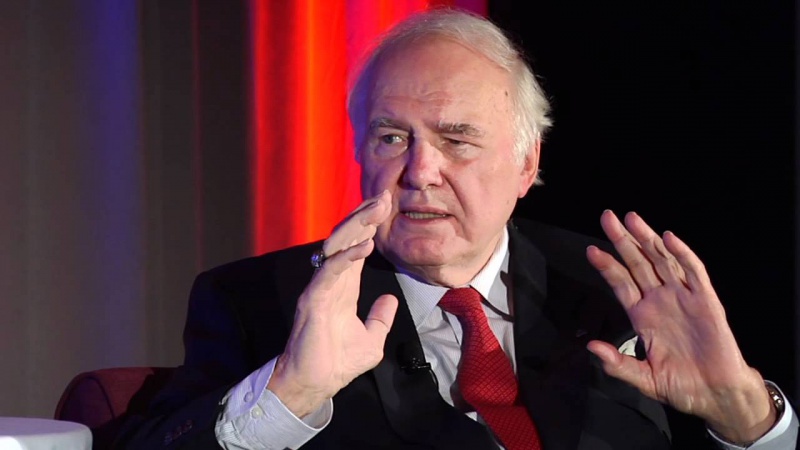In Poland and elsewhere, religious communities had inspired and led the nations for hundreds of years. In such places, people were not imprisoned solely in their own individual power, which was little. Sometimes they acted through institutions and associations of their own choosing: Solidarity in Poland, for example, or People Against Violence in Slovakia.
Sometimes they acted through associations and institutions they had been born into, and long been become grateful for. They knew by family history the many ways in which these institutions had nourished, taught, and trained them in the habits of conscience, self-government, and personal responsibility. These institutions had for centuries stood outside the passing follies of the age, and had been the people’s source of independence from the self-centered, decadent, and at times even thuggish “wisdom” of their particular generation.
Religious liberty is not as essential as breathing for social and institutional actors, however. It is also essential for each individual, one at a time, especially so in the Christian tradition. For one cannot simply be born into a Christian community. At a certain point in time, all people, reflecting on their vocation to choose their own destiny, must decide in the depths of conscience which communities to live and die within.
Thomas Jefferson and James Madison both argued plainly (in Jefferson’s Statute for Religious Freedom in Virginia and in Madison’s Memorial and Remonstrance against Religious Assessments) that, although the creator of the universe did not have to do so, He made the human mind free.
Further, that it is self-evident that to any human who recognizes the relation of creator to creature, the latter has a duty of gratitude to the former. And, moreover, not simply a duty of gratitude, but even a duty of worship. For the distance between creature and creator is so vast that all honesty compels us to recognize it and pay due homage.
Both Madison and Jefferson then argued that no one else can show this gratitude or pay this honest homage but each of us, person by person. That duty is inalienable, first, because no one else has the power to exercise that duty for any one of us. That duty is further inalienable, because it is a duty owed to the creator, and beyond the power of any state or civil society, or any other body (even one’s own family), to interfere with it.
In this sense, the first of all human rights, it has long been recognized, is religious liberty. For rights are founded in our duties — in this case duties to our creator, in whose fulfillment no one else dares interfere — and these rights are endowed in us by our creator.
Such rights cannot be left as mere “parchment barriers” (Madison’s phrase). The Soviet Union and its sister communist nations wished devoutly to treat them so. They freely signed agreements such as the Universal Declaration of Human Rights and the Helsinki Accords, but with no intention of upholding them in respect of religion and conscience.
As Madison also recognized, rights become rights not by mere words but by becoming embodied in community convictions and associations active in their defense. Convictions and associations incarnated into the thick habits of an entire people — and, in due time, in all the people of the Earth.
To sum up, actions and convictions gain power and permanence in the real world only where the capacities for free economic action are well protected. For religion does not live in conscience alone but in its capacities to act in the world, and to work for the coming of the good, the true, the beautiful, and the self-sacrificing assistance to others to transform this real, concrete Earth of ours.
So to act, it must have the wherewithal secured above all by certain economic rights: among them, the ownership and use of private property, the right of association, the right to personal economic initiative, and the right to create new sources of wealth and well-being. It is the last of these rights that transformed the thousands of years of an agrarian economy into an economy in which new practicable ideas became more valuable than land. And also creative of greater wealth than the long-impoverished world had ever before imagined. Enough wealth to end absolute poverty on this entire planet, and within the next 30 years.
Author, philosopher and theologian Michael Novak was a speaker at the conference – The Relationship between Religious & Economic Liberty in an Age of Expanding Government – sponsored by the Acton Institute and the Catholic University of America in Washington on Nov. 10. This article appeared the same day in the Washington Examiner.













